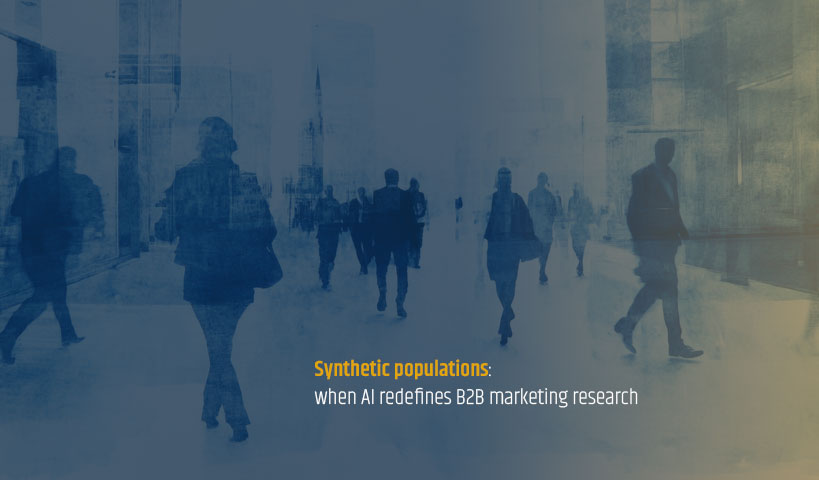The future of marketing will no doubt be incredibly interesting as it is trending towards the dematerialized (cloud) with an approach centred on the human experience. All this is possible thanks to a crucial element: data. It plays a major role as we first need to collect gargantuan amounts of it and process it. Large companies (with money) are now doing so and are also in the process of giving it all meaning. But when will metadata have a direct impact on small and mid sized businesses? When we go from data to knowledge through cognitive computing (a form of artificial intelligence). And the future is closer than you think.
Cognitive computing
According to IBM, cognitive computing is based on “complex systems of information processing capacity, to develop, implement and communicate knowledge, at the intersection of perception, intelligence, language, numeracy, reasoning and ultimately, consciousness”.
A concrete example of this is the Watson technology, developed by IBM, which is distinguished by its ability to understand a question in a natural language, to search for the answer by analyzing databases and, to express the answer.
In addition, a unique feature of the Watson technology is its ability to learn from interactions with users, therefore, to “self-manage” without the need to follow predetermined rules. One can easily understand the interest of this kind of artificial intelligence in sectors such as health, but also for businesses and specifically, for their marketing. Already, IBM is offering Watson web analytic services at surprisingly affordable price
Artificial intelligence for commercial purposes
This type of technology’s ability to understand natural language is a definite asset for marketing. It offers interesting prospects in customer relationship management, for example. In the collaboration between IBM and Twitter, Watson technology allows for precise definition of user profiles from the data, publications and reviews of the micro-blogging site. Businesses can therefore optimize their relationships by better identifying customer expectations.
These technologies therefore give new momentum to marketing automation, which currently relies on preset rules for defining actions involving data. Will marketing automation become marketing robotisation? What is certain is that the effectiveness of these tools will always be dependant on clear marketing strategies. Do you need help with your marketing strategies? let us know!




